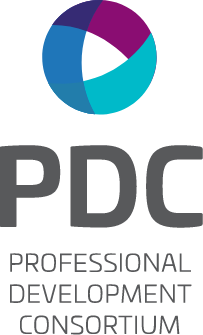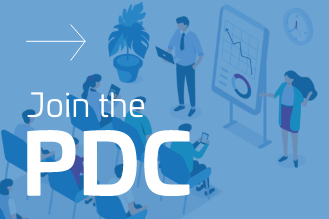You are here
Pretty Please With Sugar on Top – Stop Using the Term “Soft Skills”
December 5, 2023
Author: Aisha Greene
PDC Board of Directors
Director of Attorney Development and Training
Cadwalader, Wickersham & Taft LLP
It is well past time for us to come up with another term for "soft skills". As defined, "soft" means that something is easy or not hard. "Soft skills" are personal attributes that enable someone to interact effectively with other people. By contrast, hard skills or technical skills are defined as objective, quantifiable skills gained through training, school, or work experiences. The differentiation between the two emphasizes the importance of "hard skills" and fails to fully capture the critical value of "soft skills". The term "soft" is reductive and minimizes the impact and importance of these skills, which are actually critical for the success of attorneys.
Why does this matter? Words matter, and the way we define these skills has an impact on culture, perception, and training. For new attorneys coming into the workforce, they are placing value on the skills and training they need to develop. When new attorneys hear the term "soft skills", it suggests an inferior and secondary nature, which might cause them to bypass the offered trainings or coaching available, ignore feedback that they need to develop the skills, and create a misconception that "soft skills" are not necessary for success.
Examples of so-called "soft skills" include communication, management, empathy, emotional intelligence, and leadership. They lead to quantifiable work experiences and often require extensive training and coaching to lead to success. In 1995, the term “emotional intelligence” was widely shared in the research and book by psychologist, Daniel Goleman. Goleman first applied the concept to business leaders in a 1998 Harvard Business Review article sharing his research of nearly 200 large, global companies. His research found that a person can have superior technical training (or “hard skills”), intelligence, and great ideas, but he still won’t be a great leader without emotional intelligence.
In the first place, interpersonal skills are not natural for the average person to learn or do. Even more so, coming out of a pandemic experience, interpersonal skills have suffered due to a lack of training and practical experience. When an impressionable attorney hears the term "soft skills", they are internalizing it as something less important or crucial. They assume it is not a priority or includes skills that you can naturally learn or gain. I would argue that they are equally, and in some cases, even more important than substantive or knowledge skills for one's long-term career and require continued coaching and training.
Learning to be a good manager, building high-functioning teams, managing time effectively, building relationships are all keys to law firm success. These skills are the bedrock of promoting creativity in the workplace, boosting morale, and creating an overall positive work environment. These skills can make all the difference in career progression and workplace satisfaction, yet the trainings and coaching are often diminished and ignored to the detriment of future leaders. Law firm leaders, mentors and professional development teams should seek more opportunities to encourage training and coaching on interpersonal skills, presentation skills and core management skills for attorneys at all levels. These programs can occur during first year orientations, midyear and senior attorney academies, and training programs following promotion cycles.
So when it is time to describe and name these skills, consider retiring the term "soft" – essential skills, core competencies, business skills, critical skills, interpersonal skills – all are good options. But pretty please, with sugar on top... not soft skills!


